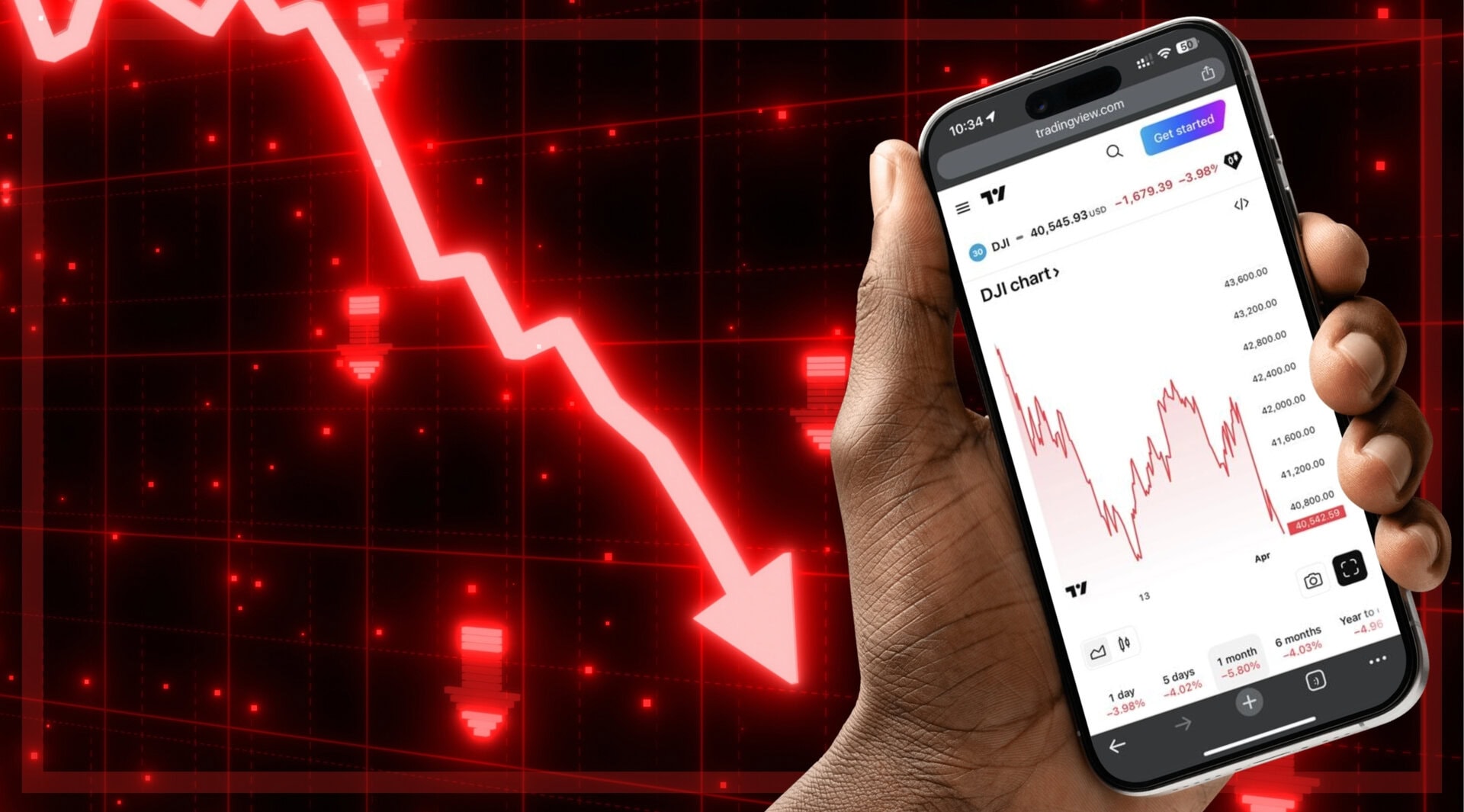After a massive slump that wiped out $7 trillion from the Chinese stock market, authorities in Beijing have stepped up their efforts to boost markets and restore investor confidence. This has sparked a renewed interest in Chinese stocks that have been battered by the sell-off, such as electric vehicle maker XPeng, which is trading near its lowest levels ever in terms of both its share price and valuation.
Compared with renowned electric vehicle companies like Tesla, XPeng is relatively new to the public markets, having debuted on the New York Stock Exchange (NYSE) in August 2020 and the Main Board of the Hong Kong Stock Exchange (HKSE) in July 2021. However, it has not impressed investors so far, as evidenced by the continuous decline in its market cap. The company’s stock price is hovering near historical lows of around $9 per share on the NYSE as of writing.

XPeng’s market cap has volatile ride down. Source: Macrotrends
Currently valued at around $9.3 billion, the total value of XPeng’s outstanding common shares on the NYSE has dropped from highs of around $20 billion in 2023, highs of $30 billion in 2022, and a peak of $45 billion in 2021. It was valued at about $15 billion during its IPO, which means that it is now valued for much less than what its management and investors thought it was worth when it went public. Some of the company’s key investors include Chinese electronics giant Xiaomi, Sequoia, Chinese e-commerce leader Alibaba, and the Qatar Investment Authority.
XPeng’s shares may seem attractive to some investors due to the low stock price, but a deeper analysis of the company’s financial performance reveals that the pessimism around the stock is justified. The company is losing more money and accumulating more debt, while facing fierce competition from other more established players in the Chinese electric vehicle market. Market leaders Tesla and BYD, for example, have been lowering their prices to boost sales, which could hurt XPeng’s margins and profitability.
Deeper Losses, Mounting Debts
XPeng’s sluggish revenue growth has failed to deliver profitability for the auto-maker, which has been sinking deeper in losses in recent years. The company reported an operating loss of $1.55 billion on revenues of $3.11 billion for the trailing twelve months (TTM), compared to an operating loss of $1.25 billion on revenues of $3.89 billion for the year ended Dec 2022.
Widening losses can erode investor confidence, leading to stock price declines. Even when investing in startups, which tend to be unprofitable, investors typically seek companies that demonstrate a path to profitability – perhaps explaining why XPeng has fallen out of favor with the market in recent years.
The research team at Global X ETFs said in its February monthly commentary on Chinese markets that XPeng’s “persistent lack of profitability has adversely affected investors sentiment.” The team added that investors would be more optimistic if XPeng could show a clear path to profitability. “In the long term, sustainable profitability will be a crucial factor in determining the success of investments in companies like XPeng within the EV industry,” they wrote.
XPeng’s difficult financial situation is further compounded by its high debt levels, which limit its ability to borrow more money to invest in research and development, and compete with bigger rivals. The company’s long-term debt reached a record $1.15 billion in the last report, up from $924.5 million in 2022, $532.4 million in 2021, and $252 million in 2020. Excessive debt raises concerns about credit risk. If a company struggles to repay debt, it may face credit downgrades or even bankruptcy. Investors prefer companies with manageable debt levels as high debt ratios can lead to stock price volatility and hinder growth prospects.

XPeng has been binging on debt. Source: Seeking Alpha
XPeng’s stock is not very appealing to investors, as the company faces low revenue growth, high losses, and a heavy debt burden. The stock price could therefore slide further, even though it is already at its lowest level ever.
Fierce Competition
XPeng also has to deal with intense competition that could hurt its margins. Some of its bigger rivals, like BYD and Tesla, have lowered their prices on popular EV models to attract more customers. BYD added fuel to an ongoing price war in China’s EV market in February by slashing prices on two entry-level vehicles. Many other carmakers, such as Hyundai followed suit with their own price cuts or discounts.
The price war is not limited to the low-end segment of the EV market, but is spreading to the higher-end segment as well, as BYD and other EV makers launch new or updated models in a slowing industry and a weak economy. Notably, Tesla joined the price war in January by cutting the prices of the Model 3 sedan by 5.9% to 245,900 yuan and the Model Y SUV by 2.8% to 258,900 yuan, according to its website.
Tesla Inc. cut the prices of both its locally-made models in China, potentially setting the stage for further discounting in the world’s biggest electric car market https://t.co/2g3o5mdu1G
— Bloomberg (@business) January 12, 2024
China leads the global electric vehicle market with its strong production and sales, driven by the demand for sustainable transportation and the government’s support for EV innovation. According to the China Passenger Car Association (CPCA), EVs accounted for 24% of new car sales in China in 2023, up from 12% in 2021. China’s EV production reached 3.5 million units in 2021, a 160% increase from the previous year. The EV market generated revenues of about 102.2 billion U.S. dollars in 2021, the highest in the Asia-Pacific region.
However, not all EV makers are benefiting from the booming market. XPeng faces financial challenges and sluggish growth as it struggles to compete with larger and more established players. The ongoing price cuts are a key source of risk as it could squeeze its margins and lead to steeper losses, which will likely put downward pressure on its already languishing stock.
Safer Bargains Available?
Investors have shown that they are ready to back Chinese EV stocks, provided they are profitable. Li Auto Inc, one of the leading EV startups in China, reported a net income of 11.8 billion yuan ($1.6 billion) for 2023, becoming the first among its peers that include XPeng and Nio to achieve an annual profit. The company’s shares surged 25% in Hong Kong on Feb 27, the biggest jump since March 2022, as investors rewarded its profitability amid a competitive EV market. Notably, Li has outperformed XPeng over the past year, as it’s up 50% while XPeng is flat.
XPeng faces a lot of challenges in the Chinese markets. The stock might, in the short term, enjoy a brief improvement in investor sentiment as the authorities in Beijing try to revive the markets, but this is unlikely to last for long. XPeng’s financials are poor, with revenues barely covering the cost of production and losses widening every year. Its growing debts also indicate that it could run into a cash crunch in the near future if it does not raise capital from shareholders, diluting existing investors in the process. The company has also lagged behind rival startups such as Li in terms of achieving profitability. Investors would be better off avoiding the stock and looking for less risky bargains in the Chinese markets.
Author: Acutel
We are global investors who invest in good companies at fair valuation and speculate on all else subject to the risk exposure we can afford.
The editorial team at #DisruptionBanking has taken all precautions to ensure that no persons or organisations have been adversely affected or offered any sort of financial advice in this article. This article is most definitely not financial advice.















